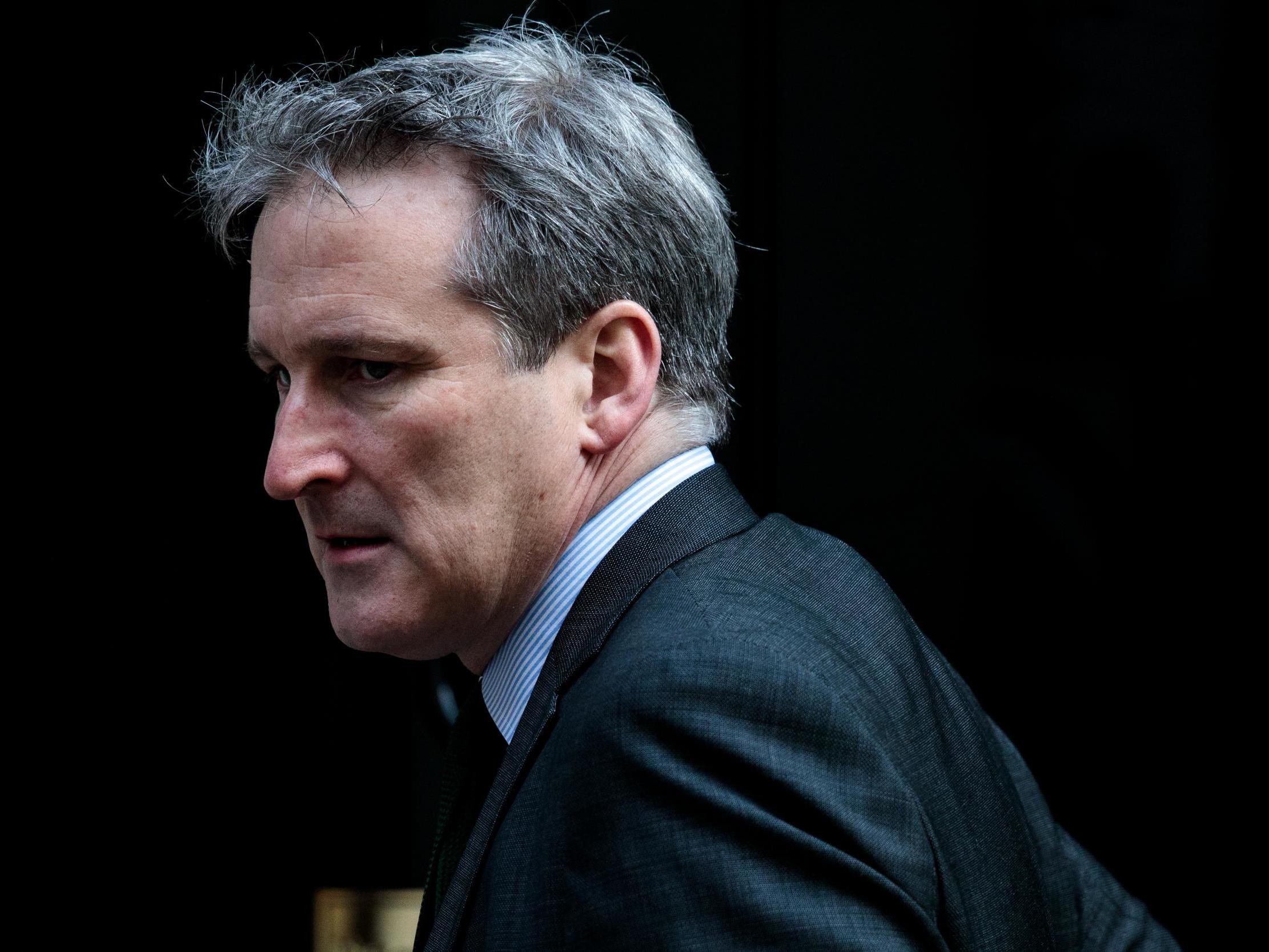Minister hits back at vice-chancellors who claim admissions intervention is illegal
'I make no apology for speaking out as I have done,' says Damian Hinds

Your support helps us to tell the story
From reproductive rights to climate change to Big Tech, The Independent is on the ground when the story is developing. Whether it's investigating the financials of Elon Musk's pro-Trump PAC or producing our latest documentary, 'The A Word', which shines a light on the American women fighting for reproductive rights, we know how important it is to parse out the facts from the messaging.
At such a critical moment in US history, we need reporters on the ground. Your donation allows us to keep sending journalists to speak to both sides of the story.
The Independent is trusted by Americans across the entire political spectrum. And unlike many other quality news outlets, we choose not to lock Americans out of our reporting and analysis with paywalls. We believe quality journalism should be available to everyone, paid for by those who can afford it.
Your support makes all the difference.The education secretary has hit back at vice-chancellors who accused the government of acting unlawfully in its attempts to curb the use of “conditional unconditional offers” at universities.
Damian Hinds has said it is a “shame” that universities are still justifying giving out guaranteed places to students, regardless of A-level results, as long as they make them their first choice.
Eight universities have stopped or will stop offering "conditional unconditional" offers to prospective students, but a number of institutions have not yet made a change.
The minister’s comments came after academics accused the government of unlawfully threatening their autonomy when he called for a review of university admissions.
Mr Hinds wrote to 23 of the worst-offending universities, including a Russell Group institution, calling on them to stamp out “pressure-selling tactics” last month.
Seven other institutions have also pledged to review their use of these offers, the Department for Education has said.
Mr Hinds said: "While I am pleased that many university leaders are taking the issue seriously, it is a shame there are still some trying to justify practices which are damaging the integrity of our higher education and students' interests. I make no apology for speaking out as I have done."
The education secretary added that he could not “stand idly by watching questionable practices spread and educational standards slide.”
“Universities are making billions of pounds in public funds, as well as students' own contributions, and I have a responsibility also to sixth form teachers, who want all their students to have the same incentive to reach their best,” he said.
A spokesperson for Universities UK (UUK) said: “There are clear benefits for students in universities being able to use a variety of offer making practices that reflect the individual student’s circumstances and potential.
“As with all offers to study at university, universities must be able to explain why and how they award unconditional offers with conditions attached. We are already working together with Ucas, reviewing existing guidance and gaining a better understanding of how these offers are being used.”
They added: “This work will help inform the review and includes surveying universities to understand how good practice is being adopted, and holding forums to discuss best practice. It is essential that admissions processes and policies are fair and transparent, underpinned by clear criteria and in the best interest of students.”
Join our commenting forum
Join thought-provoking conversations, follow other Independent readers and see their replies
Comments